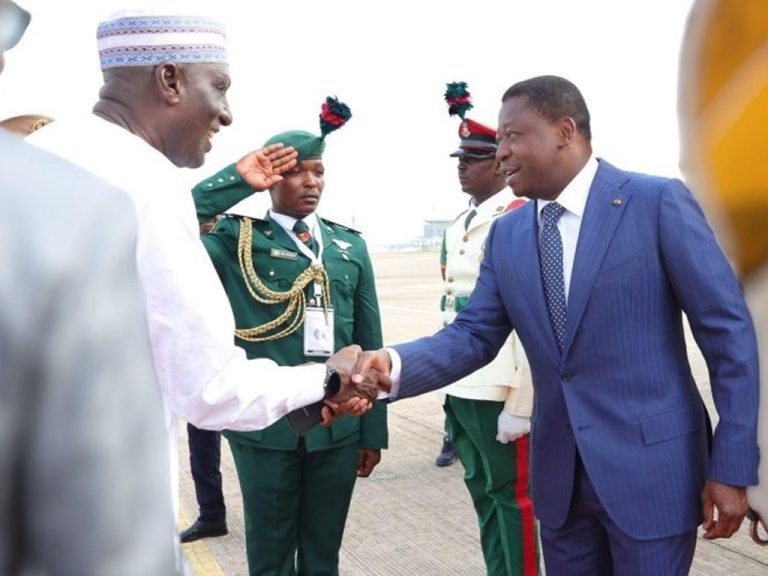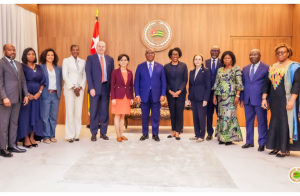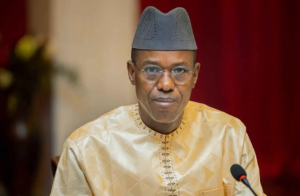Africa: Questioning pre-colonial military agreements, an African voice against terrorism

African nations, particularly those in the Sahel region and their neighboring countries, are currently grappling with a severe security crisis exacerbated by the brutal acts of terrorists, often backed by certain Western powers. Despite claims of friendship, historical pre-colonial military agreements have not only failed to address terrorism but have also contributed to worsening the situation.
This alleged friendship is a facade that conceals a deeper hypocrisy driven by selfish interests, ultimately endangering the lives of African populations.
Were it not for the courageous stance of revolutionary leaders in Mali, Burkina Faso, and Niger, who have vehemently denounced these agreements, these nations would have faced even greater destabilization.
The Western partners who proclaim these agreements show little regard for their obligations.
Instead, their actions suggest a desire to exploit the situation for economic gain, further weakening these countries and exploiting their resources.
President Faure Gnassingbé of Togo has boldly confronted this injustice, articulating his position to Western powers with clarity.
In pursuit of regional peace and security, President Gnassingbé has challenged the legitimacy and relevance of pre-colonial military accords during a pivotal summit on counter-terrorism held in Abuja.
This strategic intervention underscores the urgent need for African solidarity in combating the atrocities perpetrated by armed terrorist factions.
It is time for Africa to break free from the shackles of manipulative agreements imposed by the West.
The resolute commitment of Presidents from Burkina Faso, Mali, and Niger, supported by their courageous populations, is a testament to their determination to confront terrorism head-on.
The readiness of these brave communities to take decisive action against this existential threat is a beacon of hope for the entire continent.
Papa IBRAHIMA











